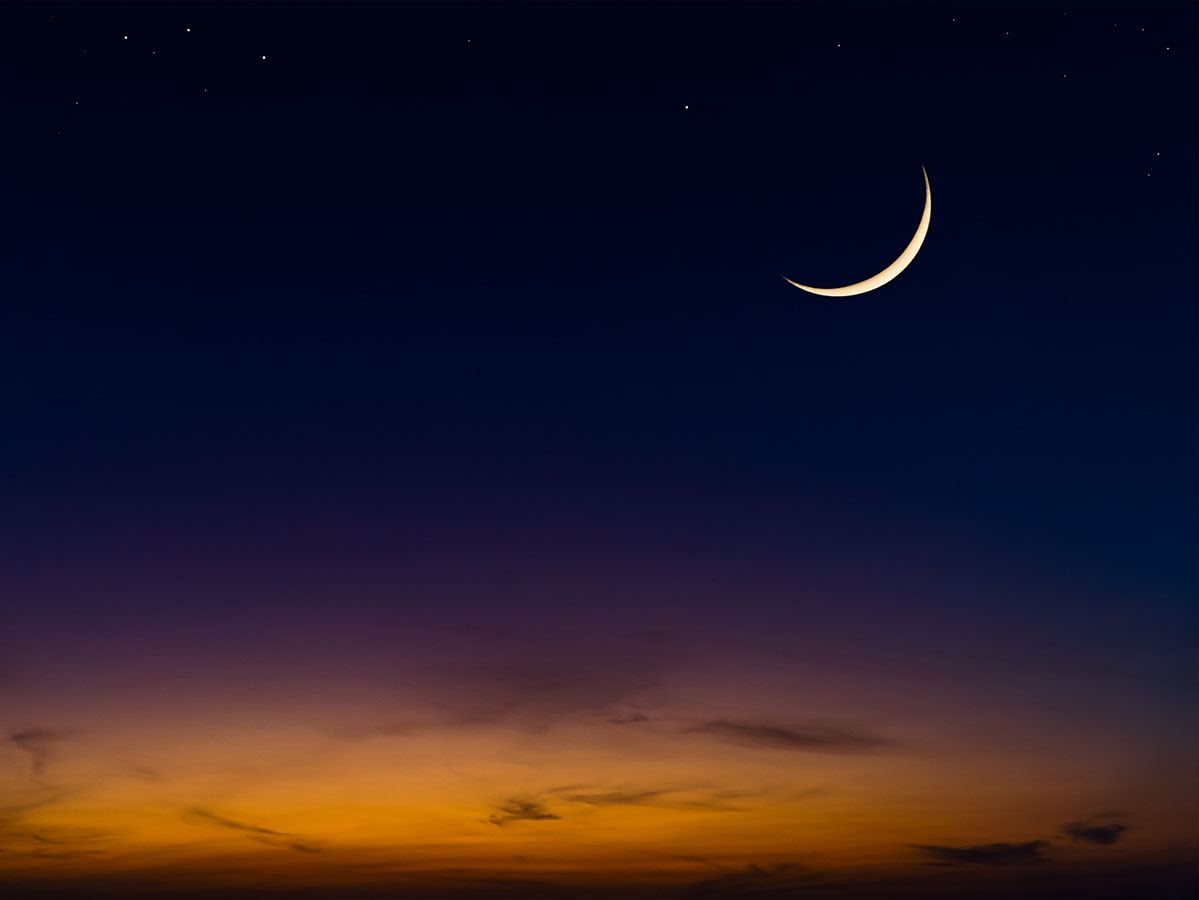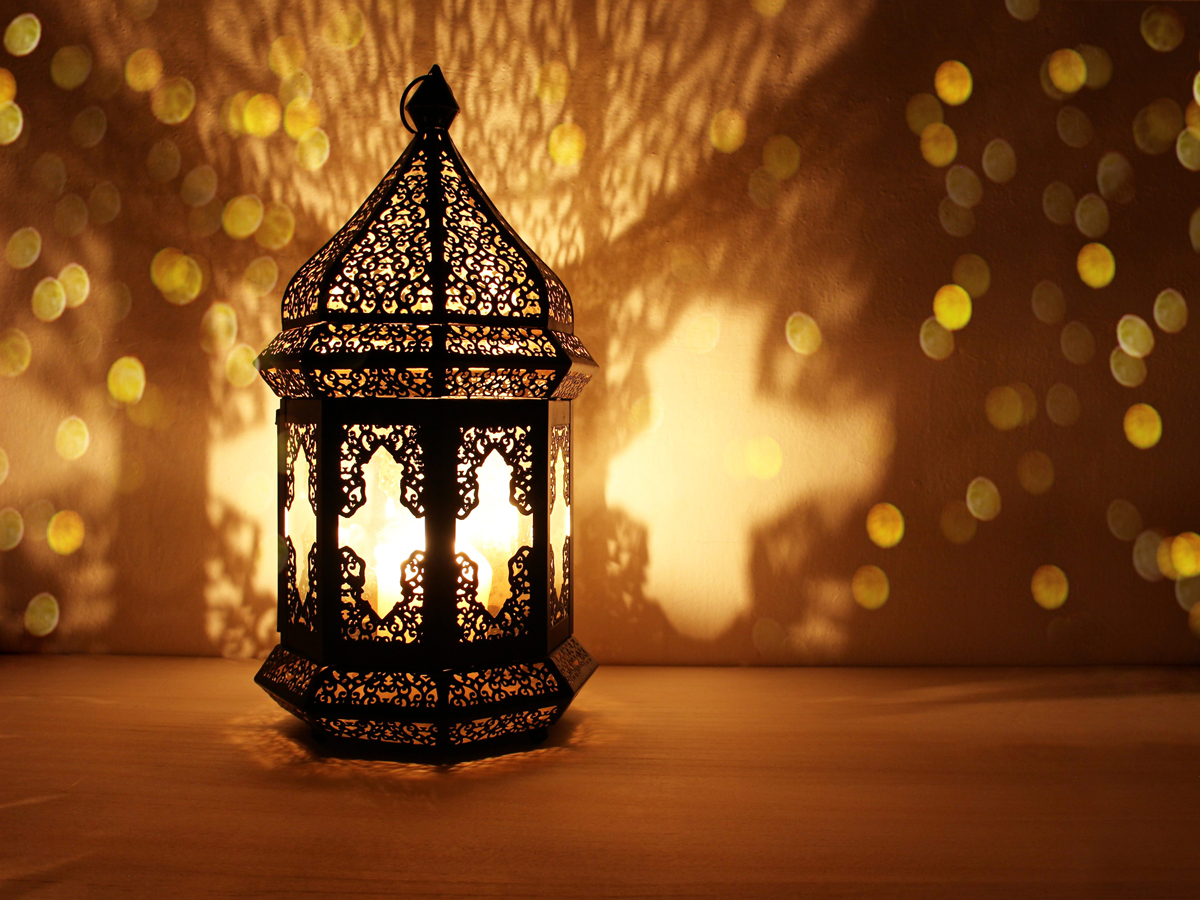The anonymous suburbs of Riyadh are an unlikely spot for making history. But anyone out and about in these usually reserved neighbourhoods a decade ago would have witnessed just that, as a film crew got busy shooting a deceptively simple story about a ten-year-old girl who really, really wants a bicycle. Haifaa al-Mansour’s feature debut, Wadjda, came out in 2012 and was a huge international success. That’s rare enough for a film from the Arab world but it was also the first movie shot entirely in Saudi Arabia, and by a female director with a largely Arab crew.
It had taken al-Mansour five years to find funding and get shooting permissions but she wanted to make an authentic story about Saudi life, and for that only the streets of Riyadh would do – even if at the time the city had no cinemas in which to show her film. In fact, when Wadjda entered for the Oscars’ foreign language nomination, it had to be screened at embassies to meet the Academy’s criteria.
Saudi cinemas reopened only in 2018 but already the cinematic landscape al-Mansour had to work in seems unimaginable. Saudi Arabia is a key Middle Eastern market for film and Saudis flock to cinemas to catch everything from Hollywood blockbusters to Egyptian comedies and homegrown dramas. The movie business is blossoming, with support from the likes of the Red Sea Fund and a government effort to entice international productions here.
How has this about-turn happened, and at such pace? Part of the answer lies in Saudi Arabia’s young population, 70 percent of whom are under 30. But it’s also down to the country’s rich communal filmgoing heritage that, in recent decades, had faded like a matinee idol past his prime.



Last picture shows
The Saudi love of cinema didn’t begin in 2012, or even in 2006 when Abdullah Al-Eyaf’s acerbic doc Cinema 500 km kicked off the debate about reopening movie theatres. Unsurprisingly, it was oil that first brought the silver screen here, so that US and European workers in the 1930s could while away their evenings in the company of Fred Astaire or Jimmy Cagney.
For decades, the only films produced in Saudi itself were corporate docs made by foreign oil firms but documentary eventually became the form Saudi filmmakers excelled at; anyone whose heart has been broken by Abdullah El-Muheisen’s 1977 portrait of Beirut in the throes of war, The Assassination of a City, can attest to that.
By the 1970s there were 30 cinemas in the kingdom, some in embassies, sports clubs and other spaces where Saudis could enjoy a night at the movies. In Riyadh, locals would gather on weekends in the al-Murabba’ neighbourhood to drink tea, smoke and catch a double bill that might feature an American action movie teamed with an Arabic-language comedy.
But the closure of cinemas in the 1980s broke that link between audience and filmmaker that can make kids in the cheap seats think, “Maybe I could do this…” The result is that for much of its history Saudi Arabia has been unable or unwilling to project itself on the big screen.
Out of focus

For westerners, the enduring image of Saudi Arabia comes from David Lean’s 1962 masterpiece Lawrence of Arabia. Vast skies, shimmering heat, noble tribes and epic battles: the big Arab moment on the world stage, directed by an Englishman and starring an Irishman, a Mexican and an Egyptian. Oh, and shot in Morocco and Jordan. Enthralling spectacle as it is, it’s about as Arabian as a Hollywood soundstage.
There’s an irony, then, that Lawrence of Arabia showed rounded Arab characters – one, played by Omar Sharif, shared equal screen time with the nominal star, Peter O’Toole.
Representation of Arabs on film took a nosedive not long after, by the 1980s dominated by the likes of Salim Abu Aziz in True Lies, “the Libyans” in Back to the Future or Sheik Abdul ben Falafel in the Cannonball Run movies. Even well-intentioned liberal films made in the west, such as Rainer Werner Fassbinder’s Fear Eats the Soul, have often made Arabs refugees or – the old fallback – exotic window dressing, as in Joe Johnston’s Saudi-set misfire Hidalgo.
Nor has Arab filmmaking been immune to glib generalising, as al-Mansour found. “It is important to give my female audience inspirational characters, and characters that are not always victims but victorious people,” said the Wadjda director in 2013. “People in the Middle East didn’t believe in the success of a simple film about a girl and a bicycle set in Saudi Arabia. For them, if you want to talk about women’s rights, you have to talk about women being stoned or raped.”
A sur-fire way to put realistic Arab characters on screen is to build an audience that wants to see itself truthfully represented. This is exactly what has developed since superhero blockbuster Black Panther burst onto the kingdom’s shiny new screens in 2018.
Screen if you want to go faster

There is a burgeoning Saudi film culture today. The success of UAE-based VOX, the kingdom’s largest cinema chain, with 12 movie theatres across five cities, shows there is big business in catering to a youthful, movie-hungry population. In 2020 – admittedly an “unusual” year – Saudi Arabia was already the Middle East’s top-grossing territory, according to Variety.
“Saudi audiences are embracing cinema at such a rate that it looks likely to become a top ten global market for cinema in the next three years,“ says Mohamed Al Hashemi, KSA country head for VOX owner Majid Al Futtaim Group. “Moviegoers want the collective and exhilarating experience of watching a movie on the big screen.”
While it’s a boon to film-lovers and industry alike to have a big, brash chain making a splash, there are encouraging signs on the artsier side of things too.
Next year Jeddah will welcome the 165-seat Hayy Cinema as part of Art Jameel’s new creative hub in the Al Mohammadiyyah district. Designed by uber cool local architects Bricklab and with a remit in education and supporting fresh talent, it has the potential to transform film theatres here.
“Hayy Cinema is Jeddah’s first independent picture house,” says Sara Al-Omran, deputy director of Art Jameel. “Its core mission is to provide a platform for Saudi filmmakers to learn, research and connect with other creatives. We aim to expand the role of what a cinema can be by engaging the community through masterclasses, workshops and outreach programmes that seek to develop language of film and cinema among the youth.”
How far Saudi Arabia has come since 2018 will become apparent this December in Jeddah. The Red Sea International Film Festival is bringing together more than 100 titles from nearly 70 countries, and a whopping 27 movies are Saudi productions.
“The festival will serve as a launchpad for young Saudi and Arab talent,” says its chairman, Mohammed Al-Turki, who describes the event as a “landmark moment”.
One of its most important elements is the Red Sea Fund, which is backing up-and-coming Saudi, African and Arab-world talent to the tune of $14m. Fine words on nurturing creativity are common currency in the film business, but here they’re being met with the industry’s actual favourite currency – cold, hard cash. And the current crop of filmmakers show there’s definitely no shortage of talent to invest in.
Filmmaking gets reel

Haifaa al-Mansour is back with her satirical drama The Perfect Candidate, but the ranks of Saudi filmmakers have swelled since her debut. One of the finest contributions came from Mahmoud Sabbagh, whose insightful rom-com Barakah Meets Barakah was released in 2016 and broached the tricky territory of modern romance in Saudi.
Growing pains are twackled too in Faris Godus’s semi-autobiographical 2020 comedy Shams Al-Ma’arif, a determinedly Arab take on the high school movie. Set in 2010, it hits enough pop-cultural references to have twentysomething Saudis misty eyed with nostalgia, while making its teen YouTuber protagonist nod to movie-making tropes. It’s also very funny.
YouTube itself was vital in Riyadh-based collective Telafaz11’s rise, but they’ve come a long way since. Six Windows in the Desert, the group’s 2020 collection of short films, was a groundbreaking moment in the new Saudi film’s willingness to confront tricky subjects.
Take one of the short film’s Wasati by Ali Kalthami, which retells the true story of a group who attacked actors on stage in 2006, and highlights extreme views to the arts.
Another anthology, produced by the Red Sea Film Festival Foundation, features indie director Sara Mesfer, fresh from a special mention at Palm Springs Film Festival for The Girls Who Burned the Night. Becoming presents the work of five female filmmakers and will get its GCC premiere at the Red Sea IFF in December.
Meanwhile, it’s worth looking out for the forthcoming feature debut of Riyadh-based producer Mohammed Alhamoud, Four Acts of Disruption, set in the 1930s and directed by Hussam AlHulwah.
On an arthouse tip, Saudi director Shahad Ameen’s startling parable Scales – about a strange village where girls are sacrificed to the sea – deserves an honourable mention, but it was shot in the UAE. That’s a habit the kingdom will need to break if it’s to carve out a place as a prime filmmaking centre.
Stories about Saudi Arabia’s bid to be “the Hollywood of the Middle East” are admirable, but there is a strong desire here to create a vibrant film industry with global appeal.
There are a growing number of international projects shooting in the country, including horror movie Cello starring Jeremy Irons and upcoming Gerard Butler actioner Kandahar. That’s being filmed in the spectacular AlUla region, which is proving a hit with foreign studios for its historic sites and natural splendour.
“We’ve been finding that the variety of stunning locations and landscapes is often enough to tempt filmmakers,” says Film Alula’s commissioner, Stephen Strachan. “There’s also investment in developing hospitality and production infrastructure, making the experience of filming in AlUla as comfortable, enriching and straightforward as possible.”
Strachan is also aware that the young film sector has to build its own future. “The Saudi film industry as a whole is striving to uplift as many young, homegrown filmmakers as possible,” he adds.
In the end, the movies they make will be the best measure of the change kickstarted a decade ago by a little girl and her green bicycle.
The Red Sea International Film Festival takes place in Jeddah from December 6-15. For more information, visit redseafilmfest.com.









